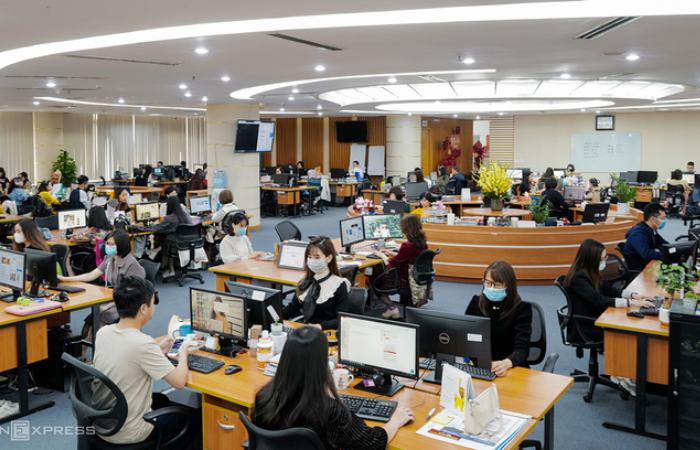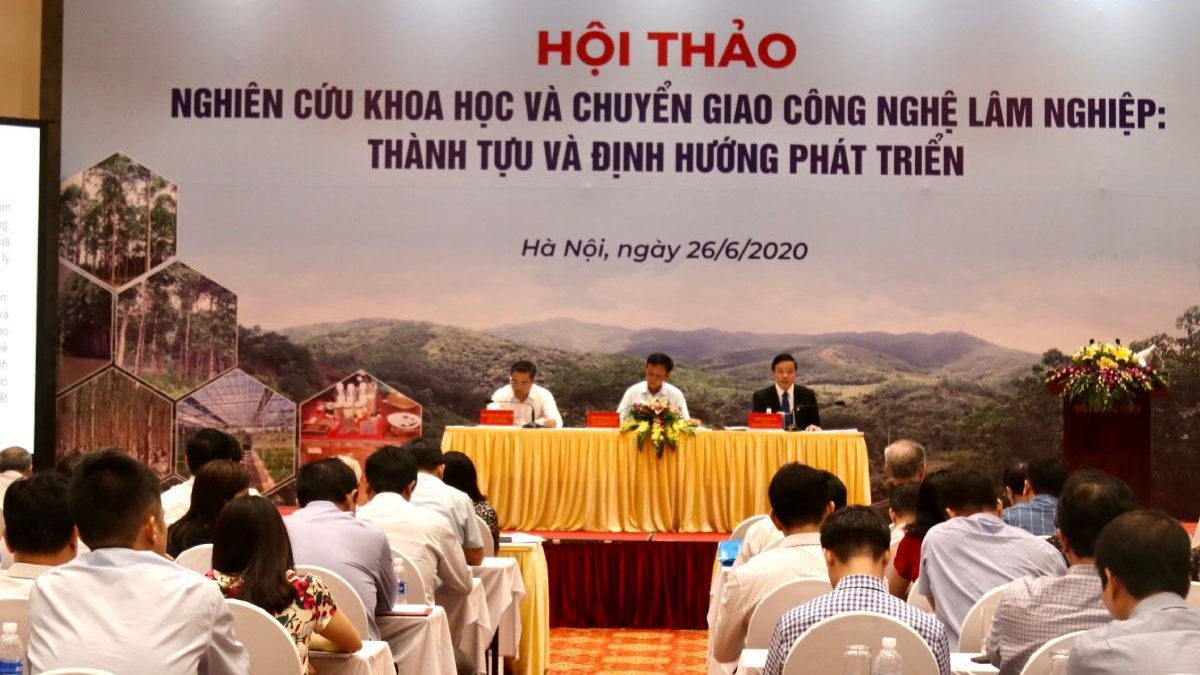Truoi News
Introduction
Tui Tr is a significant Vietnamese daily newspaper published in Vietnamese from Ho Chi Minh City. It began as a publication of the Ho Chi Minh Communist Youth Union (Vietnamese: oàn Thanh niên Cng in H Ch Minh). While it is still the official mouthpiece of that organisation, it has grown to become the country’s largest newspaper. It had a daily circulation of 450,000 in 2007.
Tui Tr daily, weekly Tui Tr Cui Tun, and semimonthly Tui Tr Ci are among the printed newspapers. There are two online versions: one in Vietnamese, Tui Tr Online, and one in English, Tuoi Tre News.
Also read: 10 Best Business Women In India
Offices of Truoi News
Its headquarters are 60A, Hoàng Văn Th Street, Ward 9, Ph Nhuan District, in Ho Chi Minh City’s urban area, not far from Tan Son Nhat International Airport. Tuoi Tre has eight representative offices in Hanoi: Ngh An, Hu, à Nang, Qui Nhon, Nha Trang, à Lt, and Cn Th (currently at 15 Doc Ngu Street – Ba Dinh District while the building at Thuy Khue Street is under reconstruction).
Censorship in Vietnam Expands to Popular Official News Website
According to experts, Vietnam’s suspension of a popular news website known for hard-hitting stories is the latest move in a growing effort to limit expression that irritates the image-conscious Communist leadership.
The Tuoi Tre website was shut down for three months by the Ministry of Information and Communication’s head of media on Monday. The news organisation is well-known for its coverage of issues such as corruption.
Tuoi Tre is a newspaper published by the Ho Chi Minh Communist Youth Union that has been accused of spreading fake news. According to Viet Nam News, the site was ordered to “correct the false information” and was fined $9,500.
Wariness of Free Expression
Since the mainstream and social media in Vietnam reported a massive coastal fish kill caused by pollution linked to a Taiwanese-owned steel plant two years ago, the government has sought to exert greater control over the content, according to Hiebert.
Last year, Vietnamese security officials travelled to China “to discuss ways to control the internet better,” he added. China is well-known for strictly policing internet content. In contrast to China, Vietnam rarely blocks websites.
According to experts, a series of arrests of bloggers in 2016 and 2017 demonstrated the Vietnamese government’s sensitivity to public concerns about graft and inefficiency among officials. Last year, a blogger who suggested that the government’s. Inadequate response to the fish die-off was sentenced to ten years in prison.
Quest for National Unity
Tuoi Tre stood suspended for a report that quoted Vietnamese President Tran Dai Quang, according to Carl Thayer. An emeritus professor of Southeast Asian studies at the University of New South Wales in Australia. He claimed the report painted the president as “sympathetic” to the country’s anti-China protests in June. Thayer accused those behind the coverage of “undermining national unity.”
The government takes pride in reuniting north and south Vietnam. Which stood previously divided until the Communists took power in the 1970s.
According to Trung Nguyen, dean of international relations at Ho Chi Minh University of Social Sciences and Humanities. Over-reporting of corruption may remain frowned upon by officials.
Vietnam has arrested dozens of people from its state-owned oil company, PetroVietnam. For corruption, which analysts call moves to demonstrate to the public that the country takes clean government seriously. Ordinary Vietnamese have been demanding a cleaner government, which they now associate with police bribery and irregularities in the business permit process.
Also read: The Best High-End Computer: Professional set-up High-End Computer

